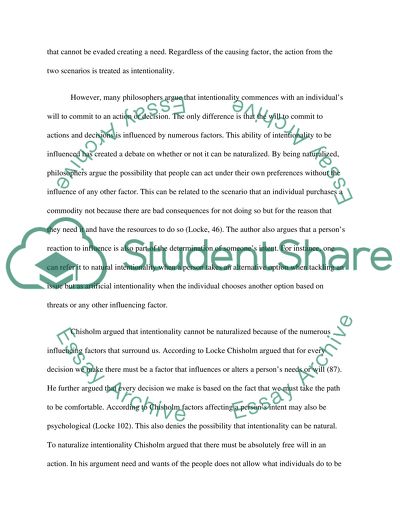Cite this document
(“How Dretske responds to Chisholm's claim that intentionality cannot be Essay”, n.d.)
How Dretske responds to Chisholm's claim that intentionality cannot be Essay. Retrieved from https://studentshare.org/philosophy/1472509-how-dretske-responds-to-chisholms-claim-that-intentionality-cannot-be-naturalized
How Dretske responds to Chisholm's claim that intentionality cannot be Essay. Retrieved from https://studentshare.org/philosophy/1472509-how-dretske-responds-to-chisholms-claim-that-intentionality-cannot-be-naturalized
(How Dretske Responds to Chisholm'S Claim That Intentionality Cannot Be Essay)
How Dretske Responds to Chisholm'S Claim That Intentionality Cannot Be Essay. https://studentshare.org/philosophy/1472509-how-dretske-responds-to-chisholms-claim-that-intentionality-cannot-be-naturalized.
How Dretske Responds to Chisholm'S Claim That Intentionality Cannot Be Essay. https://studentshare.org/philosophy/1472509-how-dretske-responds-to-chisholms-claim-that-intentionality-cannot-be-naturalized.
“How Dretske Responds to Chisholm'S Claim That Intentionality Cannot Be Essay”, n.d. https://studentshare.org/philosophy/1472509-how-dretske-responds-to-chisholms-claim-that-intentionality-cannot-be-naturalized.


